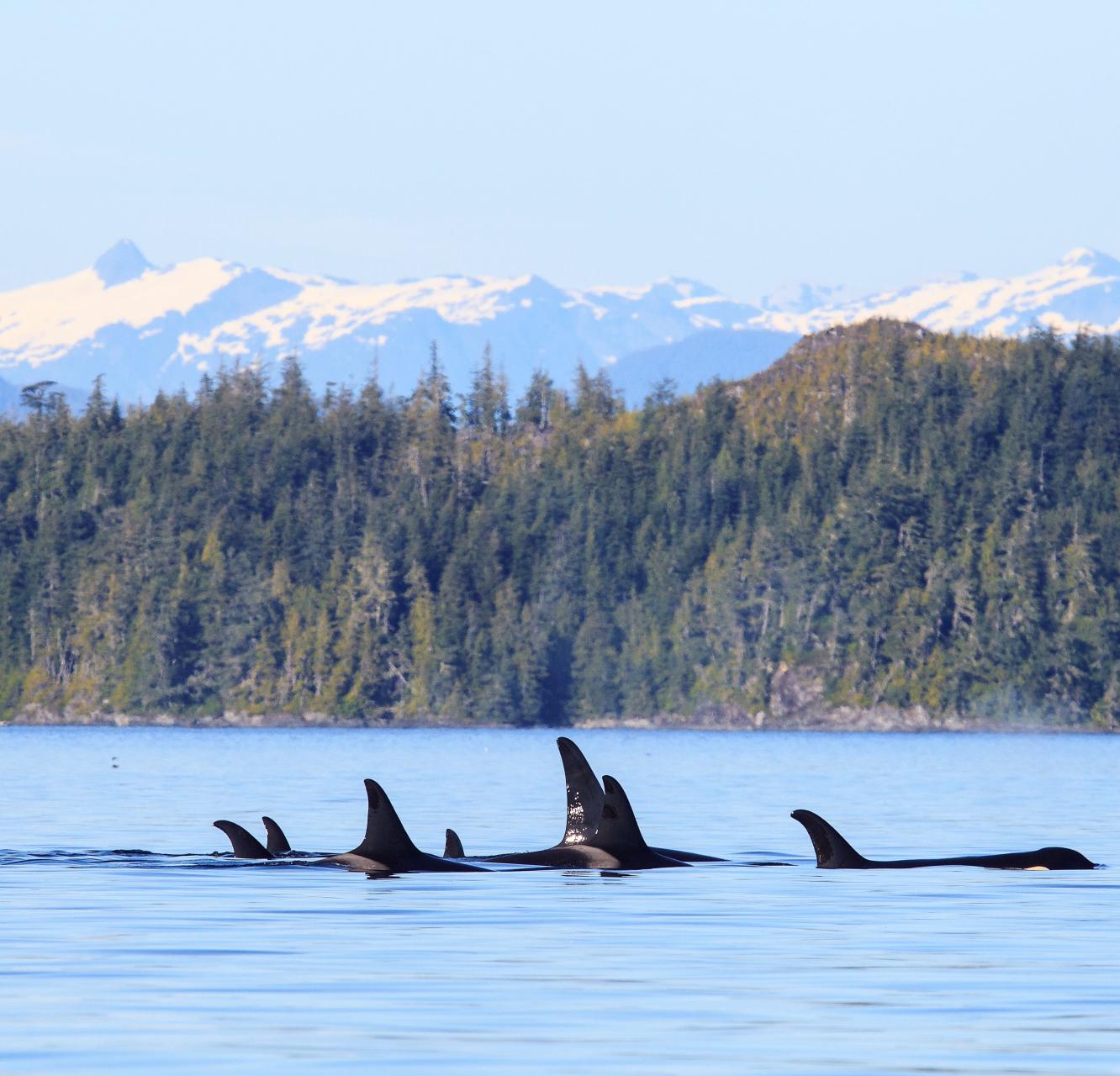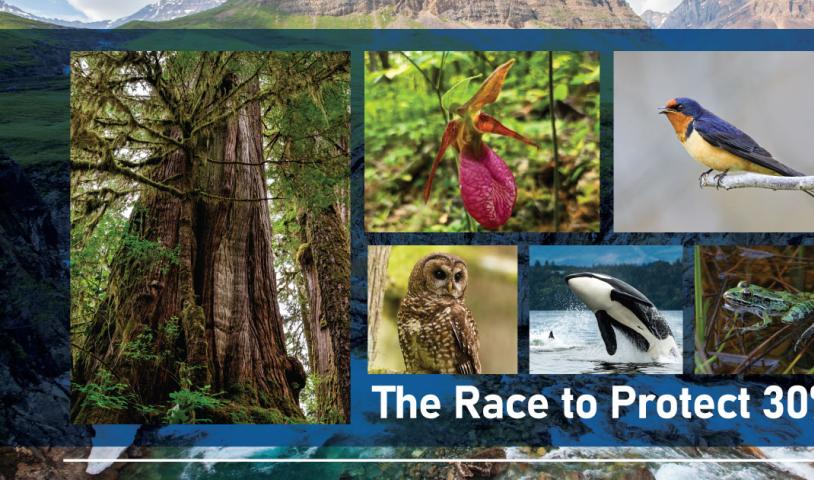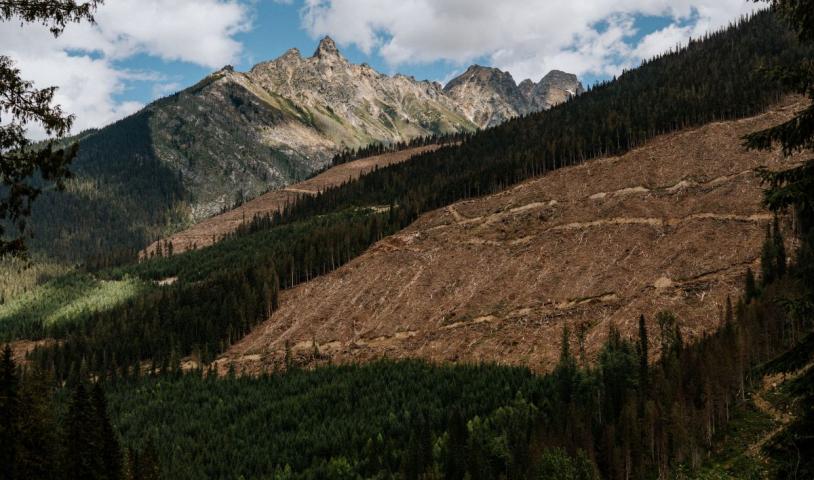Canada to protect endangered killer whales
Thursday, May 21, 2009
Since British Columbians celebrated the
unexpected sighting of two newborn Orca
whales in mid-February, there is another cause
for hope for BC’s imperilled whale population—
now down to 85 whales. This week, the federal
government issued an order that will provide
legal protection for the endangered species’
habitat. The new regulation has environmental
groups cheering; they claim the policy reversal
follows a lawsuit they launched in 2008. The
order is the first one that Canada has ever
issued under the Species at Risk Act to protect
critical habitat.
Lawsuit
Last year’s lawsuit was filed by Ecojustice,
(formerly Sierra Legal Defence Fund) on behalf
of nine of Canada and BC’s leading
environmental organizations. It alleged that the
Department of Fisheries and Oceans had failed
to require much-needed legal protection for the
killer whales’ critical habitat. DFO had claimed
instead that existing laws and voluntary
guidelines were sufficient to protect the orcas’
habitat from serious threats such as toxic
contamination, acoustic degradation and
declining salmon stocks.
Action Plan Needed
Environmental groups, however have some
reservations about the next step. ‘To recover,
killer whales need more than the status quo
from the federal government and so we’re
thrilled our lawsuit forced it to issue this habitat
protection Order,’ claims Ecojustice lawyer
Lara Tessaro. ‘Now we’ll be pushing to ensure
this Order leads to action.’
However, the order does not reference
threats to critical habitat documented by
scientists in the government’s Resident Killer
Whale Recovery Strategy. ‘We know we need to
change the way we care for our marine
environment to protect killer whales and their
habitat,’ said Kathy Heise, Marine Scientist
with Raincoast Conservation. ‘We hope to work
with DFO to incorporate the needs of killer
whales into the management of our salmon
fisheries.’
‘To give this Order teeth, DFO must keep
killer whales’ critical habitat free of tanker
traffic and the risk of catastrophic oil spills,’
adds Will Horter of Dogwood Initiative.
Action Plan Team
‘DFO is scheduled to release an action plan within the next four
years, but still has not created an action planning team with
independent orca scientists. Is this another hollow promise or
will the federal government do the right thing and prohibit
harmful activities in the orcas’ critical habitat?’ asked Sarah King
of Greenpeace.
Kim Elmslie of the International Fund for Animal Welfare
stated, ‘We will continue to monitor DFO to ensure that every
effort is made to protect this critically endangered species for
future generations.’
‘This is one landmark victory on the long road to killer whale
recovery. We’re relieved to see the government using the Species
At Risk Act and we look forward to seeing similar habitat
protection orders for other endangered species,’ said Aaron
Freeman of Environmental Defence.
A protected area has been proposed for Swanson Channel
and the west side of the Pender Islands. Meanwhile plans for a
National Marine Conservation Area stretching along the eastern
Strait of Georgia from south Gabriola Island, to the Canada /US
border seem to have stalled. Rights over the seabed seem to be
the sticking point for the provincial government.
For more information, visit www.ecojustice.ca or contact:
Dogwood Initiative, Environmental Defence, David Suzuki
Foundation, Raincoast Conservation Society, Sierra Club of BC,
International Fund for Animal Welfare, Greenpeace, Georgia
Strait Alliance or the Wilderness Committee.






